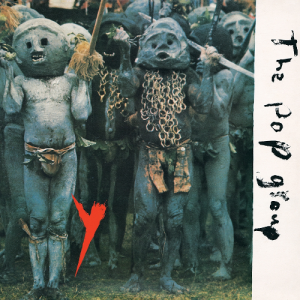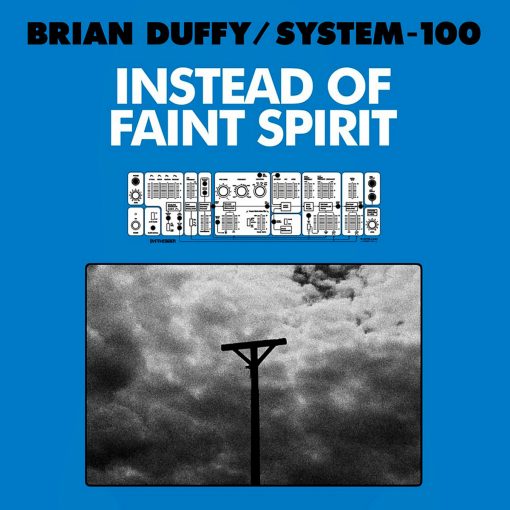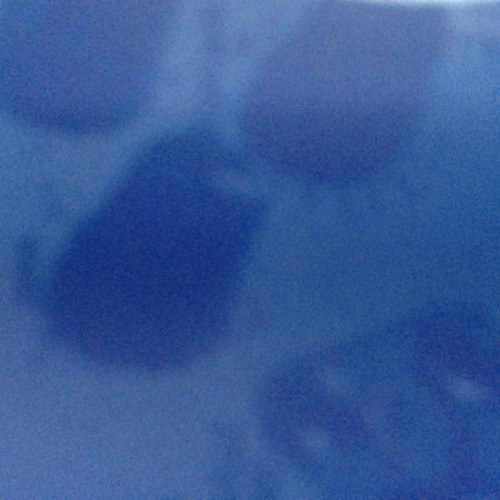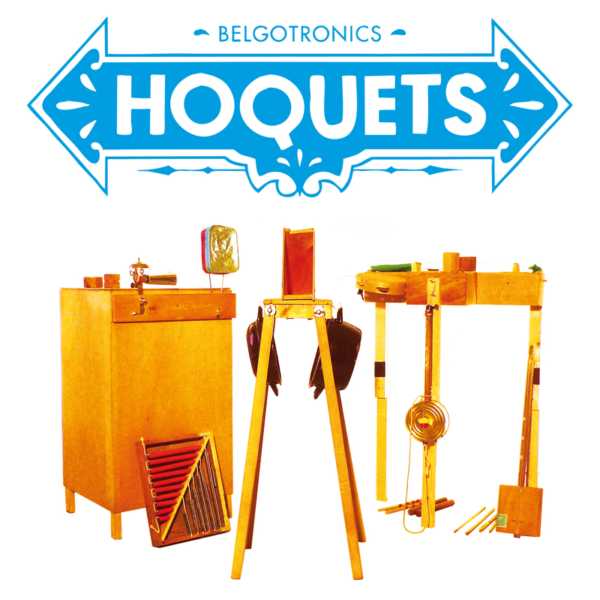 Bristol in 1979 saw the emergence of one of the most beloved and influential bands of the punk era. Reformed again in recent years after a prolonged period of dormancy, decades after their serial appearances on the front covers of a number of influential music papers such as Melody Maker, NME and Sounds, they continue to draw in devoted audiences still in thrall to the energy and ageless vitality of their sound.
Bristol in 1979 saw the emergence of one of the most beloved and influential bands of the punk era. Reformed again in recent years after a prolonged period of dormancy, decades after their serial appearances on the front covers of a number of influential music papers such as Melody Maker, NME and Sounds, they continue to draw in devoted audiences still in thrall to the energy and ageless vitality of their sound.
Fronted by the talented and photogenic Beki Bondage, the band… oh… no… hang on a moment… what’s going on? Well, that’s slightly embarrassing. It seems as though a review of Vice Squad has somehow gotten mixed up with a review of Y by The Pop Group. Sorry about that.
Although no-one was – or is – going to be mistaking Mark Stewart for Beki Bondage any time soon, it is nevertheless worth pausing to consider the pari passu timelines of the two bands, revealing as they do both some interesting parallels and some radical discontinuities.
At the risk of rehashing the old story for the millionth time, once The Sex Pistols had lit the blue touch paper on punk, the lightning bolts of energy they emitted struck down on the Primeval Soup bubbling away in cities and small towns across the UK, causing an accelerated evolution of new musical entities which developed with astounding speed and variety. Vice Squad were one such next generation outfit, galvanised by the Spirit of ’77, refining its sound and eventually taking it major label when they signed to – who else – EMI.iIn chronological lockstep, The Pop Group (formed initially as a funk band in 1977 by school friends Mark Stewart, John Waddington and Simon Underwood), had been similarly revivified by the scorching white heat of punk, embracing its energy and iconoclasm. There, however, the similarities with Vice Squad begin to disintegrate, and very different story starts to be written. For The Pop Group, already with base codes of funk and reggae in their genetic make-up, represent one of the first truly radical mutations in punk’s DNA.
Feeling that punk pure was already too restrictive and conservative as a form, from the very commencement of their recording career, the The Pop Group were already incorporating elements of black dance music, agit-prop, dub and the avant-garde into their furious Hellbroth of a sound. When their debut album Y appeared in spring 1979 on the Radar Records label,ii this seemingly already fully-formed sound marked the point at which punk transmogrified into post-punk, the movement that would come to be associated with The Gang of Four, PiL, Wire, This Heat and a host of other luminaries whose best work forms a canon now so hallowed it can justly stand shoulder to shoulder with the krautrock one that helped inspire it. Many esteemed commentators have noted, though, that The Pop Group were the first.iii
As with The Stooges’ Funhouse, Y is one of those great albums that right from the off leaps out of the speakers and goes straight at your throat. “Thief Of Fire” swings open the doors, grabs you in its sweaty embrace and jiggles you in a St Vitus dance beyond your control. Resist that bassline if you can. If you dare. (When listening to this re-release on a particularly intense train journey from Helsinki to St Petersburg, I somewhat startled a lady sitting nearby by blurting out “Fire… Fire… Fire’ involuntarily and unknowingly. I’m sure Lenin would have done the same on the same route if he’s have had the benefit of such evil capitalist technology).
As with all latter-day versions of the album released on CD, the contemporary single “She Is Beyond Good And Evil” (released in March 1979, a month before the album) is appended for our listening pleasure. And what a monster it is, too. Three and half minutes of foot-tapping Nietzschian guitar bacchanalia which gets progressively better with every extra decibel you play it at.
But that’s not all. Oh no, not by a long chalk.
Lastly comes Y Live, a compendium of live performances recorded at shows in Sheffield, Manchester, London and New York. Whilst the band funk it up with razor-edged precision, Stewart rages and screams like an old testament prophet. With only the barest frame of reference at the time, contemporary audiences were reportedly open-mouthed at the spectacle taking place in front of their eyes and ears. Thanks to Y Live, it’s not hard to see why.
I’ll leave the last word to a truly great writer, one who passed away not long ago, and whose acerbic acuity is much missed. A decade or so ago, the late, lamented K-punk, Mark Fisher, wrote a particularly insightful comment about the era: “Joy Division’s Closer is often considered the crown jewel of post-punk, but Y – inchoate with potential, the fire to Joy Division’s ice – has an equal claim”.Amen to that.
-David Solomons-
i See https://www.youtube.com/watch?v=iKOIQfp4-eY
ii A small yet highly influential label which, during its first iteration between 1977 and 1981, issued a glorious grab-bag of releases from artists as wildly diverse as 999, La Düsseldorf, The Soft Boys and The 13th Floor Elevators. Co-founder of the label was Andrew Lauder, one of music’s fascinating yet under-appreciated mavericks.
iii “In The Shadows” by The Stranglers, from their Black And White’ album, also exhibits all the key facets of post-punk and appeared even earlier, in May 1978. However, being by The Stranglers – a band completely personae non grata in the slightly right-on world of post-punk, it never received its dues. Let it perhaps here suffice to call it proto-post-punk.



